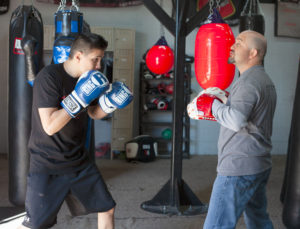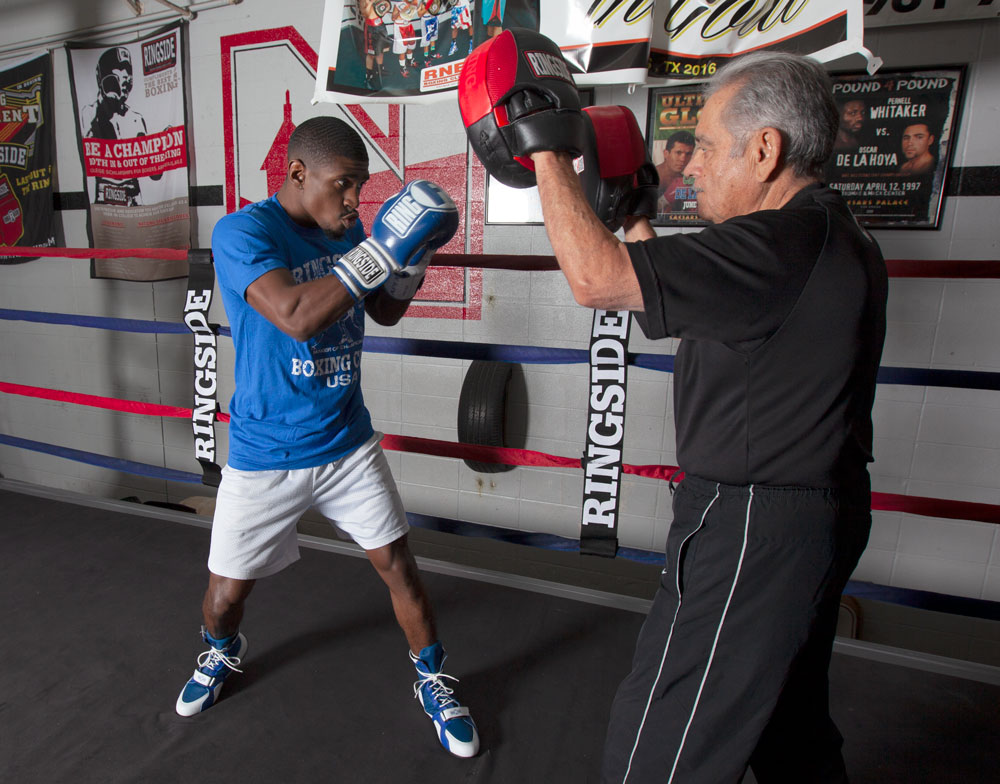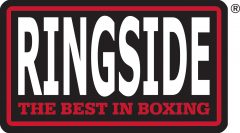
Top athletes have a combination of talent and inner drive that goes a long way toward making them great. Without some inherent talent and the discipline and determination to work on your craft, it’s next to impossible to become your best self and beat out the competition. At certain points, though, you need some help, and that’s where a coach comes in.
This is particularly true in boxing, a sport that demands peak physical fitness, refined technique, and lots and lots of toughness. Without a coach who knows what makes you tick, it’ll be easy to hit a wall. As you start your boxing training as a newbie or alter it to get to a new level, do yourself a favor and consult our tips for finding a boxing coach who suits your skill level and goals.
Know what suits your personality
Chances are you know your strengths and weaknesses, as well as what types of teaching methods you best respond to. This is one key to finding a good coach. It’s not enough to just have the best technical knowledge, a coach needs to be able to transfer that knowledge to the athlete in a way that sticks.
Be thoughtful, though, when it comes to finding a coach who suits you. Sometimes a person who makes you uncomfortable might be exactly what you need. Be honest with yourself to figure out what stage you’re at. Do you need a someone who doles out encouraging pats on your headgear, or do you need a someone who will grab you and deliver a stern talk? Only you really know.
Observe, and then observe some more
Shop around. Like many things, there’s sometimes no replacement for comparing and contrasting different options.
Go to a prospective coach’s boxing gym and see how they work. Chances are you’ll quickly get a feel for what they do and if they do it in a way that you’d be receptive to. Observation will show you that different coaches have different training strategies and different ways of delivering the same message.
If you’re on the fence, ask yourself if they can teach you something new, something you don’t know, or are they capable of bringing something out of you that you didn’t know existed. If the answer is yes, strap on your boxing gear and let that coach know you’re ready to work.
Look for certification
We’re guessing you wouldn’t jump at the opportunity to visit a doctor who doesn’t have any certifications. The same should apply for a coach that you’re paying to help you advance. Boxing coaches can have many different types of certifications and, if they have one or a number of them, it adds to their credibility. You can’t exactly secure these certifications by buying them online, so they’ve put the work in for them.
Consider the certification levels attained by your potential coach, as well as opinions on the institutions that issued them. Do some research in advance so you understand which certifications are the best.

Qualities to Look for in a Coach
- Experienced: An experienced trainer is one who’s been around different situations, whether that is as a fighter, a coach, or both, and understands where the REAL gains can be made. Someone who’s been around the block will know what you need to focus on, instead of working on everything. They’ll pick two or three things that they feel will help you the most. Often, focusing on just a few key areas will really help you excel.
- Analytical: In the training and preparation phase, an analytical coach will explain not just how to implement a technique, but the reason it’s important and the situations where it will be useful. When fight night arrives, an analytical coach will be able to size up your opponent and help you create the best strategy for victory.
- Creative: Truly great coaches are not set in their ways. They’re adaptable and will figure out different ways to communicate. This could be as simple as a change in tone or coming up with varied training routines and regimens to keep you engaged. But they’re always thinking about new and different ways to help you become your best self.
Find someone who builds you up
There’s no doubt that part of coaching is pushing people to their limits. There’s also no doubt that a truly effective coach will ultimately build you up and not beat you down. A coach who’s right for you will read you well and know when to push and when to let you relax. The underlying message of all of this is instilling a belief in you that you can and will continue to improve.
Know when it’s not working
Don’t be afraid to cut ties. Whether it’s a disaster from the start or your relationship fizzles over time, know when you need to make a change. Don’t necessarily be too quick to pull the trigger, but think it through and make the decision that makes the most sense.

